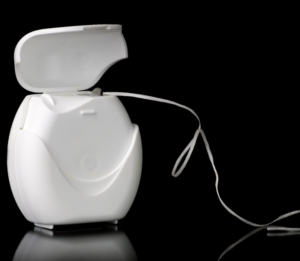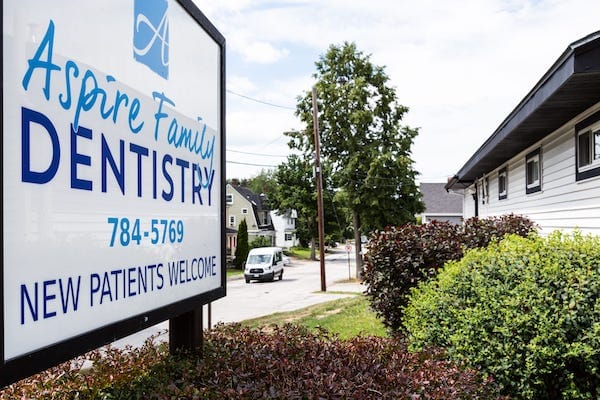If there is one thing you do not want to hear at the dentist’s office, it is that you have a cavity that will need a filling. Dental cavities are one of the most common dental issues. And for children and adults they can be a bit of a pain to deal with. As adults, it can also impact your wallet since many dental insruance plans do not provide 100% coverage for fillings. There are many reasons that you should avoid having cavities. Especially because fillings can eventually get loose and fall out later on. For that reason it is important to understand what causes cavities and how to decrease the risk.
How Are Dental Cavities Formed?
First off, let’s discuss what a cavity is. A cavity is an indent in a tooth or a hole in a tooth caused by decay. Decay happens when bacteria grows in the mouth and begins a process called demineralization. This process starts by breaking down the enamel which is the outermost layer of our teeth. Once the enamel is breached the dentin of the tooth begins to get eaten away. Left unchecked the decay can spread in some alarming ways. It can spread into the tooth pulp where all of the nerves are and create a bacterial infection, it can spread into the tooth root and eventually lead to tooth loss, or it can even spread to adjacent teeth. This is why it is important for cavities to be found and treated early.
Dental Cleanings
Plaque and tartar are almost impossible to remove with normal brushing and flossing at home. Even if you have perfect brushing and flossing habits at home, plaque and tartar can form around the gumline. A dental hygienist can use scraping tools to remove the plaque and tartar and prevent both dental cavities & infection as well as gum disease. Your dentist will also floss and brush your teeth and can help provide any feedback or tips/techniques to improve your oral care at home.
What Is A Dental Filling?
A dental filling is a common restorative dental procedure where the decayed section of the tooth is drilled away, and a filling is placed in the cavity or hole. This helps keep the structure of the tooth. But it is important to understand that the tooth around the filling can experience decay again in the future. This can eventually lead to a loose filling when the section of tooth close to the filling begins to decay.
How Do I Prevent Dental Cavities?
It is important to understand that cavities are formed based on both factors that we can control and factors that we can’t. Your genetics for example can lead to an increase or decrease in vulnerability. In terms of what you can control, here are the best ways to prevent cavities:
Diet/Nutrition: You should avoid foods that are highly acidic or filled with sugar as these help bacteria grow. If you have these foods or drinks you should avoid having them right before bed, and should try to brush after having them. You should also have foods that are high in calcium and minerals that can strengthen your teeth.
Regular Dental Visits: You should see a dentist every six months. This prevents cavities from having a long period of time where they can form and grow unnoticed. Check-ins throughout the year are the best way to both find/solve issues quickly and prevent future issues.
Schedule a Dental Exam in Lewiston Maine
If you live in the Lewiston Maine area and are interested in setting up a dental appointment with our team, please contact us for more information.
Learn More About Dentistry:

Why Do Gums Bleed When You Floss?
Bleeding gums are a common sign that you might have gum disease or other oral issues. But that isn’t always the case. In fact, there

Does Going To The Dentist Fix Bad Breath?
Bad breath is a common concern for many people. It can be off putting to coworkers, friends, and other people in the vicinity if you
What Causes Cavities?
If there is one thing you do not want to hear at the dentist’s office, it is that you have a cavity that will need
What Happens At A Dental Cleaning
Ask any dentist in the country, you should be seeing a dentist for a regular checkup at least twice per year. In fact, almost every
How Do I Handle A Cracked Tooth
A cracked or chipped tooth is a common dental issue. It can be caused from anything from a sports injury to biting down on a
Do I Need A Tooth Extraction?
A tooth extraction is often the last resort for dentists. When at all possible, dentists look for ways to save a tooth either with dental

